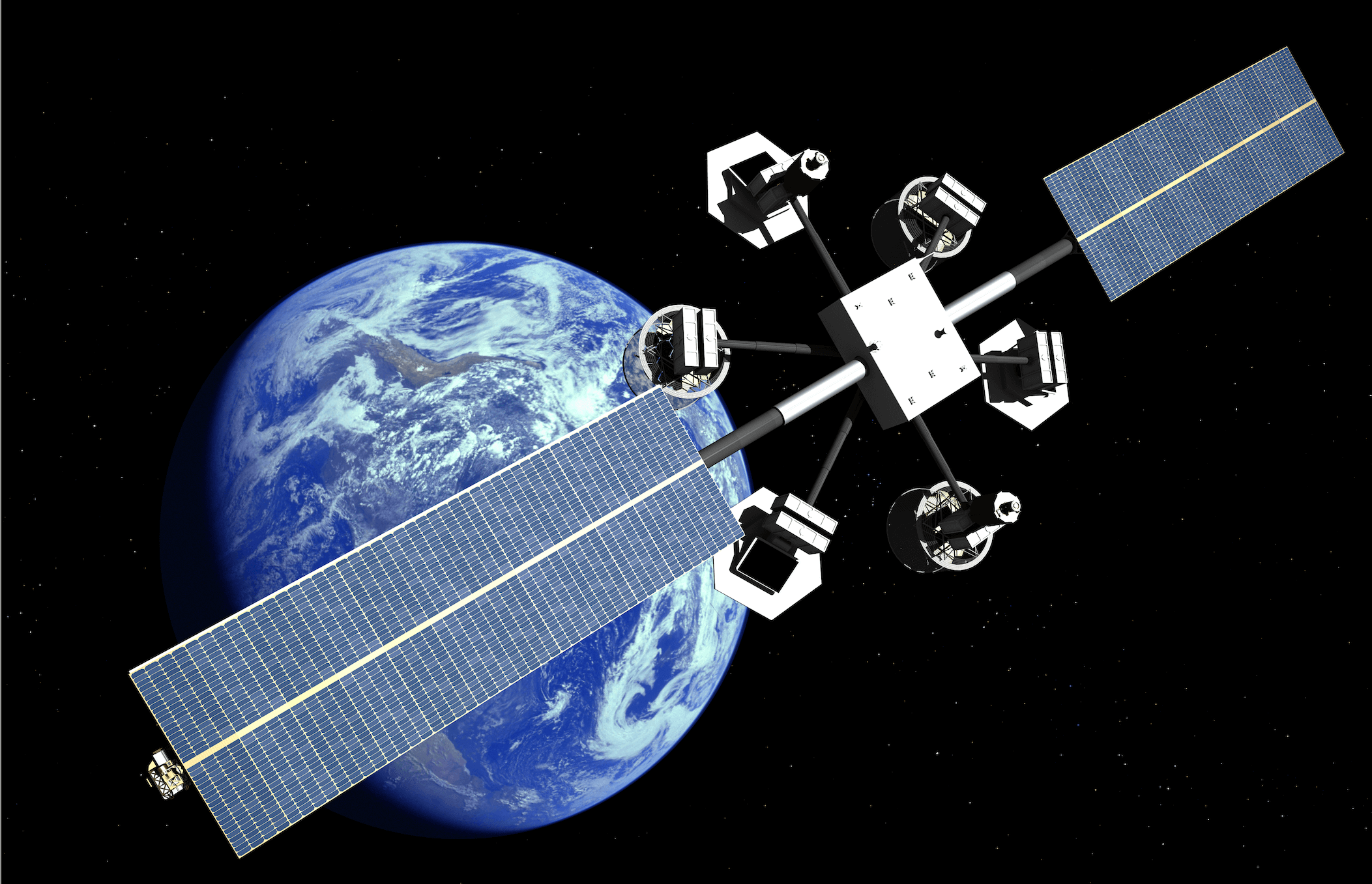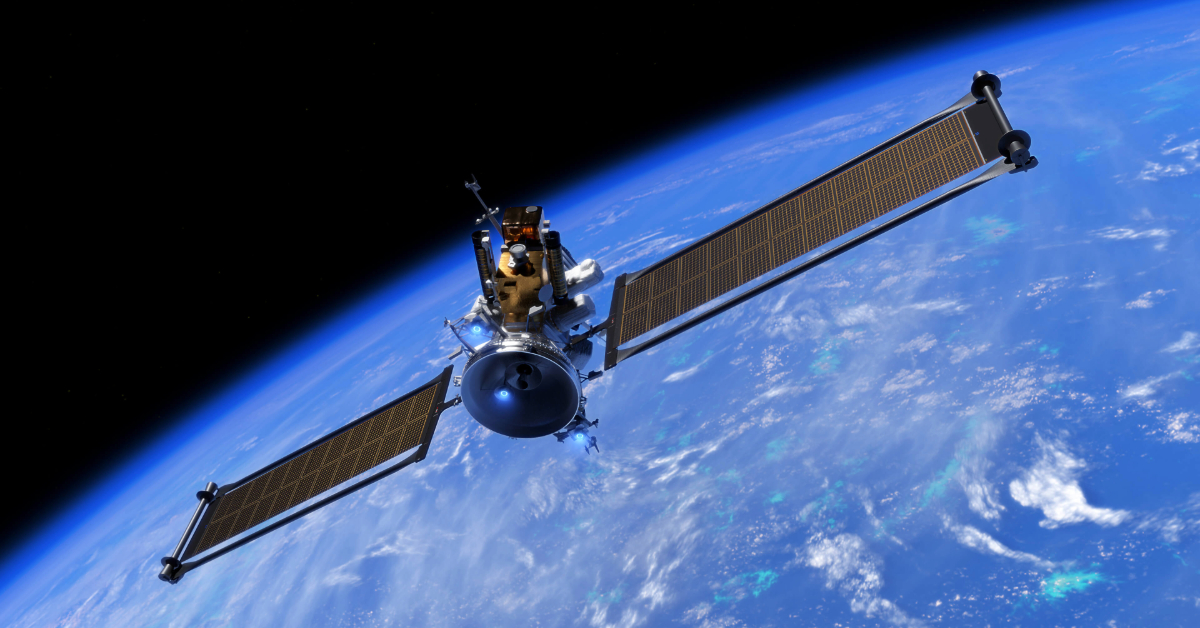January 8, 2025--(Mountain View, CA)--Utilizing commercial technology to facilitate greater in-space mobility for the Department of Defense (DoD), the Defense Innovation Unit (DIU) is working with three companies to provide logistics services enabling low-cost, responsive access to geostationary (GEO) and other exotic orbits beyond low Earth orbit (LEO).
DIU sought four classes of capability to achieve this:
a light utility multi-orbit logistics vehicle (m-OLV) capable of hosting and transporting one or more mechanically-coupled payloads (~50 kg payload capacity);
a heavy utility m-OLV: capable of transporting (hosting) one or more mechanically-coupled payloads or spacecraft (500+kg payload capacity);
a fuel depot capable of storing and transferring sufficient chemical and/or electrical propellant to a m-OLV or self-propelled satellite to achieve a LEO-to-GEO transfer; and
a rideshare approach to provide transport of detachable payloads or propellant to an m-OLV or an Outpost in GEO, cislunar or other exotic orbit.
While investigating the feasibility of the Commercial Solutions Opening, DIU recognized an emerging commercial market in the area of in-space mobility and logistics and a corresponding opportunity to add to existing DoD capabilities. Each of the companies selected for an award showed strong research and development investments into their particular solutions for use in the commercial market. DIU leverages private investment to bring these capabilities to the DoD at a lower cost than would otherwise be possible.
Three complementary efforts are ongoing. Blue Origin received a contract to demonstrate a heavy utility m-OLV system utilizing their ‘Blue Ring’ platform. In support of future DoD and commercial missions DIU has partnered with Blue Origin to develop the Dark-Sky-1 and Blue Ring Pathfinder mission payloads, which will demonstrate core mission operation and flight system capabilities of the Blue Ring. DIU collaborated with the U.S. Space Force’s Space Systems Command’s Assured Access to Space Mission Manifest Office (MMO) to manifest the DS-1 mission to fly on a future National Security Space Launch (NSSL). Blue Ring Pathfinder will fly on New Glenn’s inaugural mission (NG-1) targeting January 2025.

Space Logistics, Northrop Grumman’s in-space servicing subsidiary, is the second company and is providing a suite of in-space refueling technologies,
Space Logistics, Northrop Grumman’s in-space servicing subsidiary, is the second company and is providing a suite of in-space refueling technologies, including the Active Refueling Moule (ARM) and Passive Refueling Module (PRM), in concert with complementary efforts sponsored by Space Systems Command (SSC). The refueling system includes elements to successfully dock and transfer fuel, as well as a refueling payload that handles fuel transfer. SSC contracted with Northrop Grumman to fly the PRM on an operational mission. Additionally, SSC funded and DIU contracted SpaceLogistics to integrate and fly the PRM on the company’s Mission Robotics Vehicle.

Tiltled, STARcraft in GEO orbit with servers and laser communications.
Skycorp (now Spacebilt) was awarded a contract for further validation of their approach In Space Assembly and Manufacturing for enabling their m-OLV product for DoD use cases. Since award, Spacebilt has progressed toward a mass manufacturable product, conducted risk reduction missions to the International Space Station for their flight hardware, and maturity of their commercially available avionics hardware. Spacebilt is working toward a Q4 2026 launch for the first mOLV STARcraft.
“Partnering with DIU on this prototype effort allowed us to accelerate the timeline to achieve operational refueling,” said Maj Sophia McCollum, Program Manager, SSC/SZ.
This article has been updated. It was originally published on March 20, 2024.
